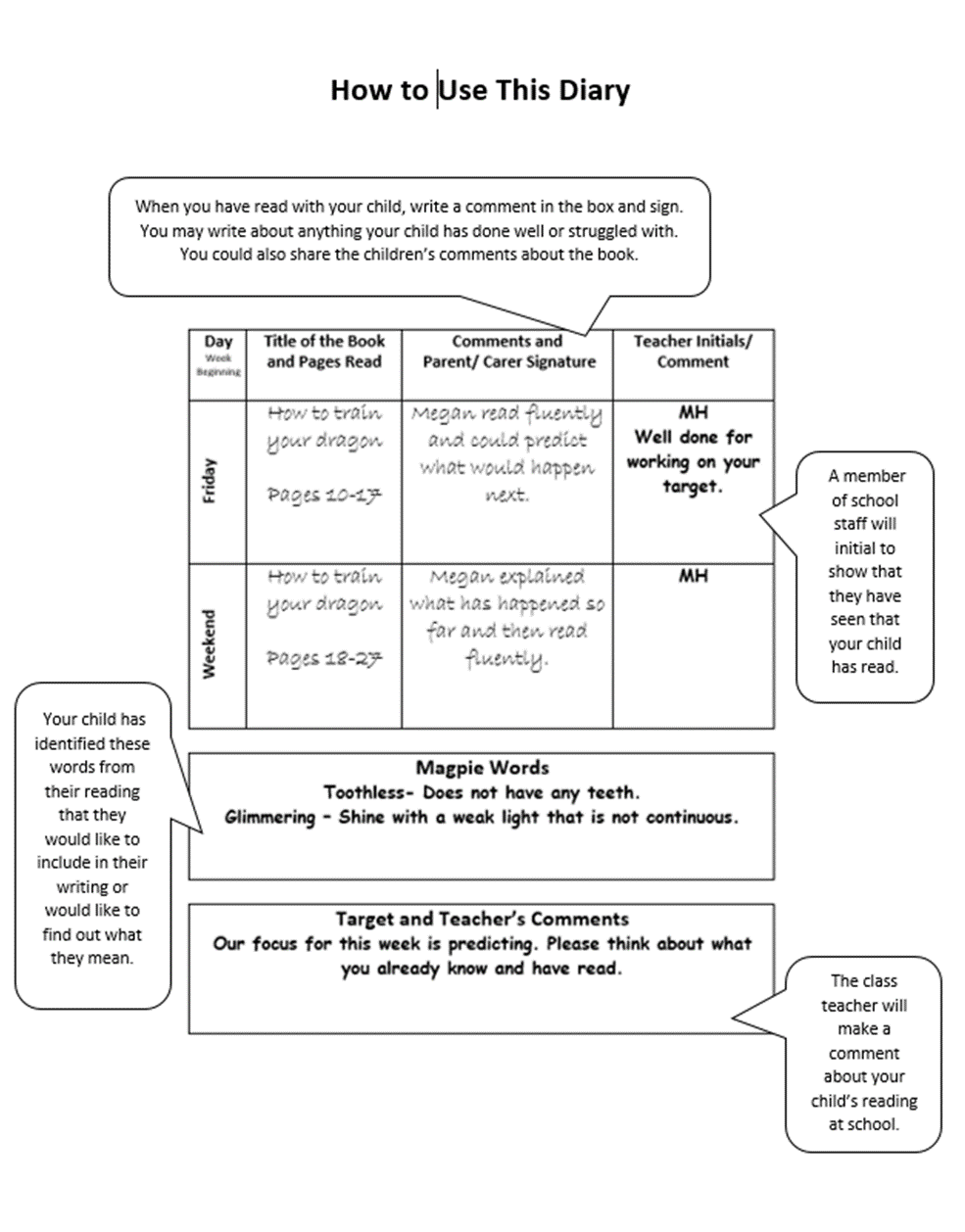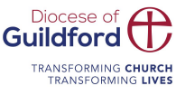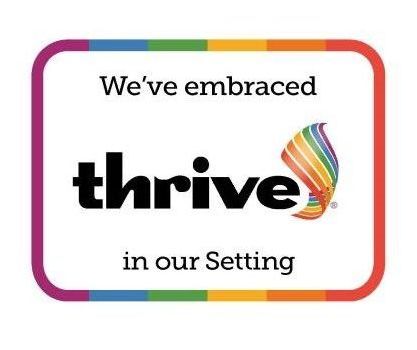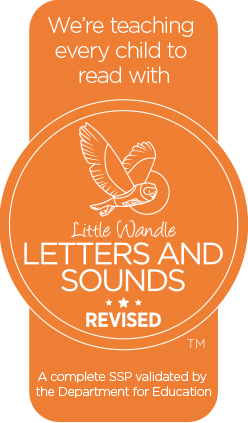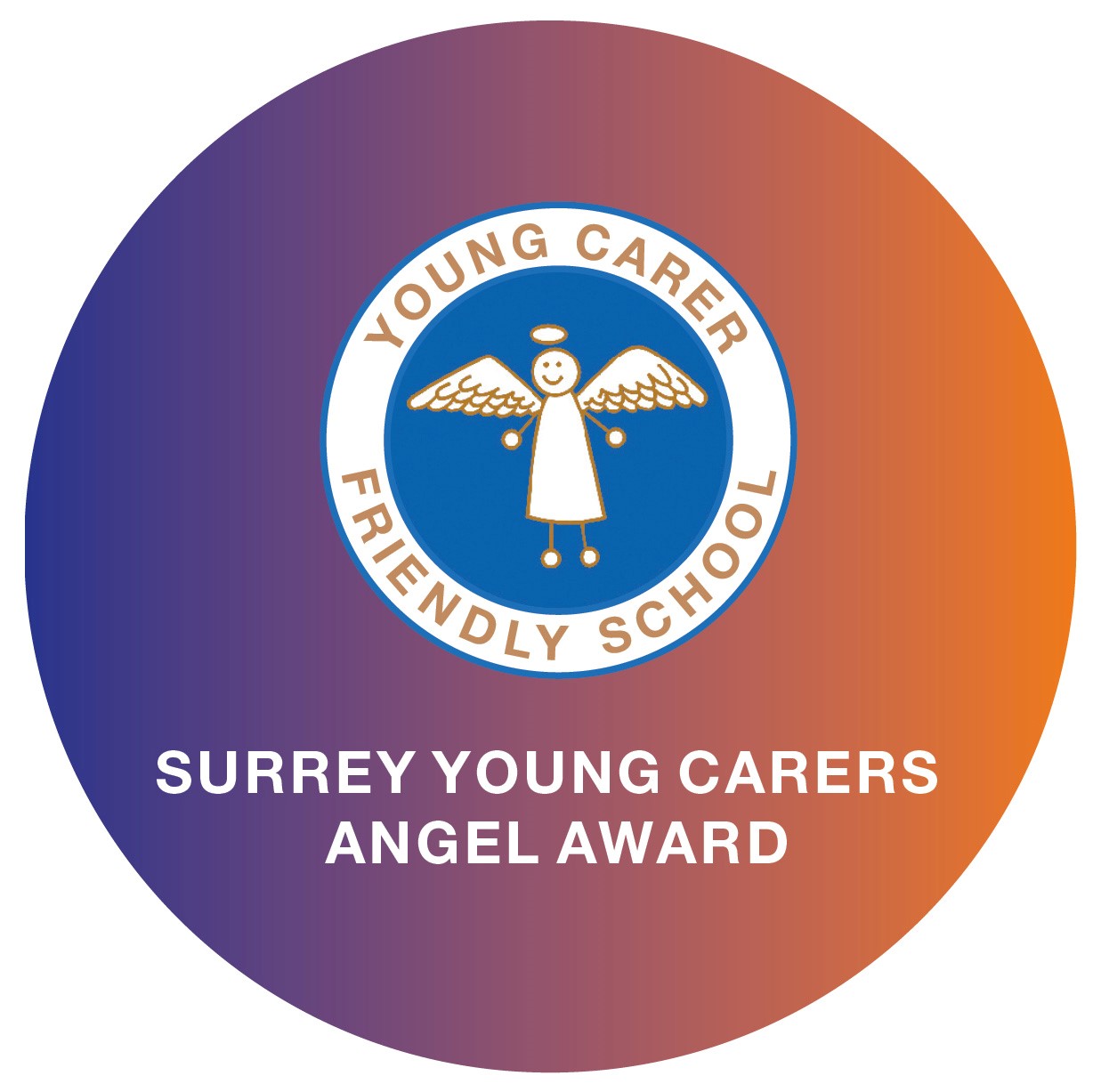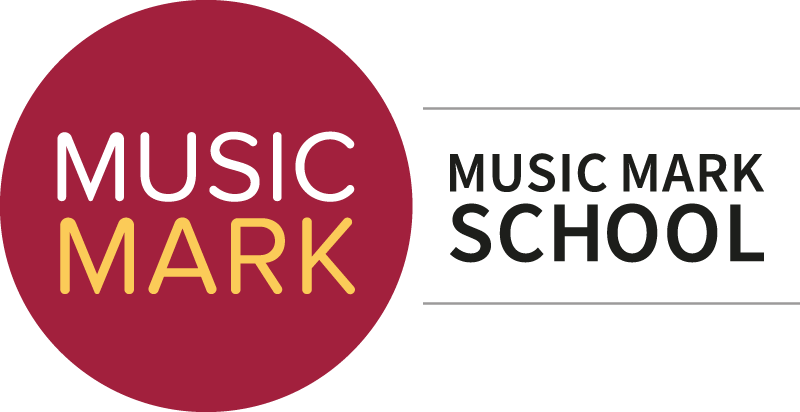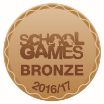Home-learning expectations and guidance for parents to support their child
We aim that all children will read at home for at least 15 minutes each night. Parents may also read books to their children to further develop their love of reading. Staff check reading records daily in our personalised reading records. Those children that do not read at home every night are heard reading in school by a member of staff or one of our parent volunteers.
How to support your child at home
We encourage parents to find a quiet place each day to hear your child read at home or share a book with them. In Key Stage 1, please encourage your child to use their phonics knowledge to sound out unfamiliar words. Once the children have read their book we would then hope they could discuss what they have read. Two key questions to ask all children are "What has happened so far?" and "What do you think will happen next?".
READING RECORDS
Early Years Foundation Stage (Diamonds) Reading Records
Reading at Home
All children in Reception learn phonics at school. They use this to sound out words when reading.
We expect children to read, to an adult at home, for at least 10 minutes each day. The following pages have questions which can be used in discussions to support your child’s understanding of what they have read.
Please find a quiet place to sit and hear your child read. Once they have read their book and discussed it with you please comment and sign their Reading Record each night.
Thank you for your continued help and support.
GLOSSARY
Blend
To combine individual phonemes into a whole word.
Comprehension
To make sense of and understand the text.
Chunking
To break up a longer word and read it one part (chunk) at a time.
Decoding
The process of recognising the sounds that letters make in a word and blending those sounds together to read them.
Digraph
A grapheme using two letters to represent one phoneme. We use the mantra ‘two letters, one sound’.
Fluency
The ability to read accurately with speed and expression. Fluent readers read words automatically without needing to decode.
Grapheme
The letter or group of letters used to represent a particular phoneme when writing.
Oral Blending
Used for the early practice of blending. An adult sounds out each phoneme in order and the children responds by saying the whole word.
Phoneme
The smallest unit of sound that can be identified in words. We sometimes call this a ‘sound’.
Prosody
The rhythm and intonation of reading that displays as expressive reading. It helps to convey meaning and add ‘life’ to reading.
Segment
To identify each of the individual phonemes in a word, working all the way from left to right. It is an important first stage of writing (spelling).
Tricky words
High frequency words that, although decodable in themselves, cannot be decoded by children using the GPCs they have been taught up to that point.
Trigraph
A grapheme using three letters to represent one phoneme. We use the mantra ‘three letters, one sound’.
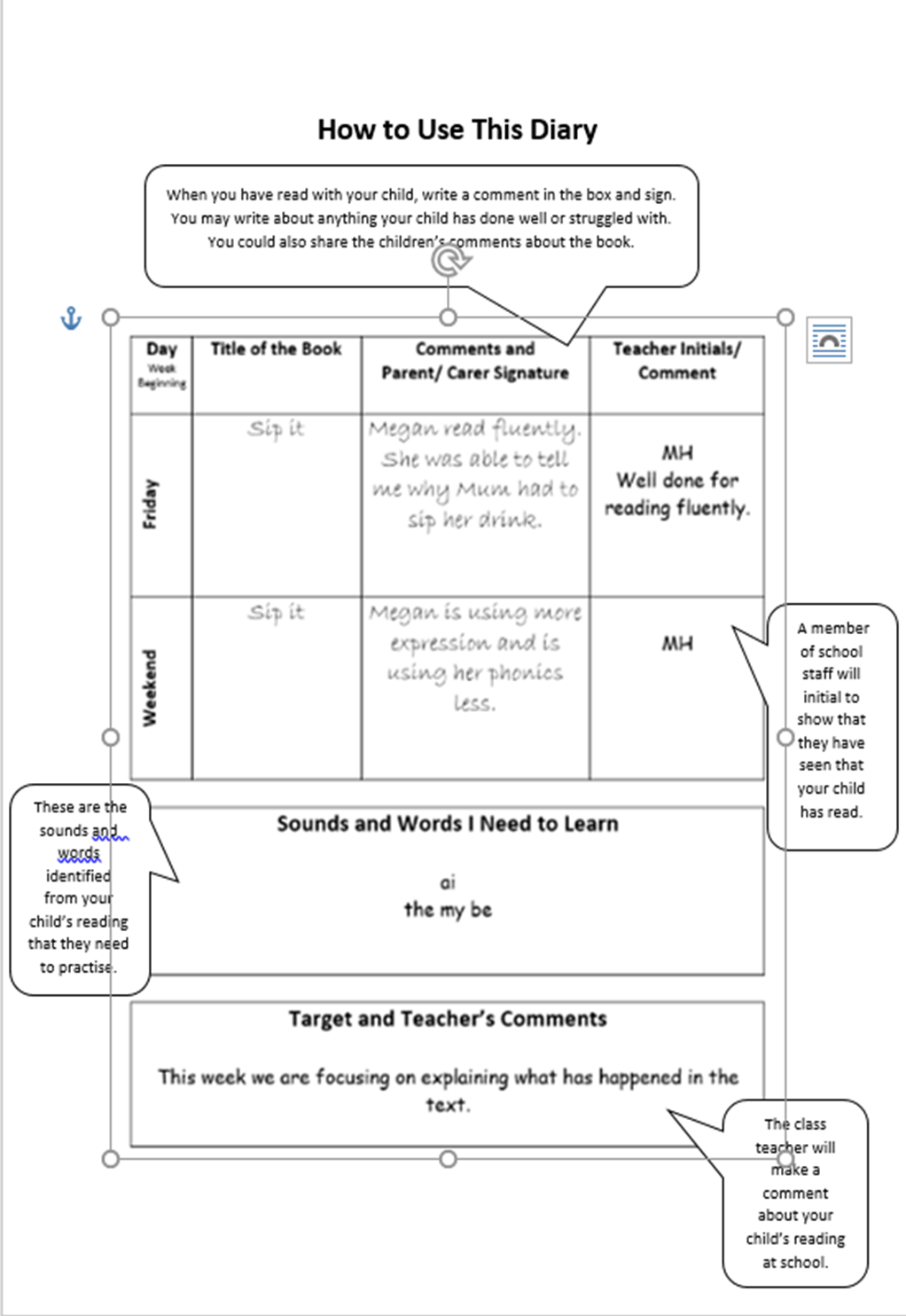
KS1 (Rubies & Silvers) Reading Records
Reading at Home
All children in Key Stage 1 learn phonics at school. They use this to sound out words when reading.
We expect children to read, to an adult at home, for at least 15 minutes each day. The following pages have questions which can be used in discussions to support your child’s understanding of what they have read.
Please find a quiet place to sit and hear your child read. Once they have read their book and discussed it with you please comment and sign their Reading Record each night.
Thank you for your continued help and support.
GLOSSARY
Blend
To combine individual phonemes into a whole word.
Comprehension
To make sense of and understand the text.
Chunking
To break up a longer word and read it one part (chunk) at a time.
Decoding
The process of recognising the sounds that letters make in a word and blending those sounds together to read them.
Digraph
A grapheme using two letters to represent one phoneme. We use the mantra ‘two letters, one sound’.
Fluency
The ability to read accurately with speed and expression. Fluent readers read words automatically without needing to decode.
Grapheme
The letter or group of letters used to represent a particular phoneme when writing.
Oral Blending
Used for the early practice of blending. An adult sounds out each phoneme in order and the children responds by saying the whole word.
Phoneme
The smallest unit of sound that can be identified in words. We sometimes call this a ‘sound’.
Prosody
The rhythm and intonation of reading that displays as expressive reading. It helps to convey meaning and add ‘life’ to reading.
Segment
To identify each of the individual phonemes in a word, working all the way from left to right. It is an important first stage of writing (spelling).
Tricky words
High frequency words that, although decodable in themselves, cannot be decoded by children using the GPCs they have been taught up to that point.
Trigraph
A grapheme using three letters to represent one phoneme. We use the mantra ‘three letters, one sound’.
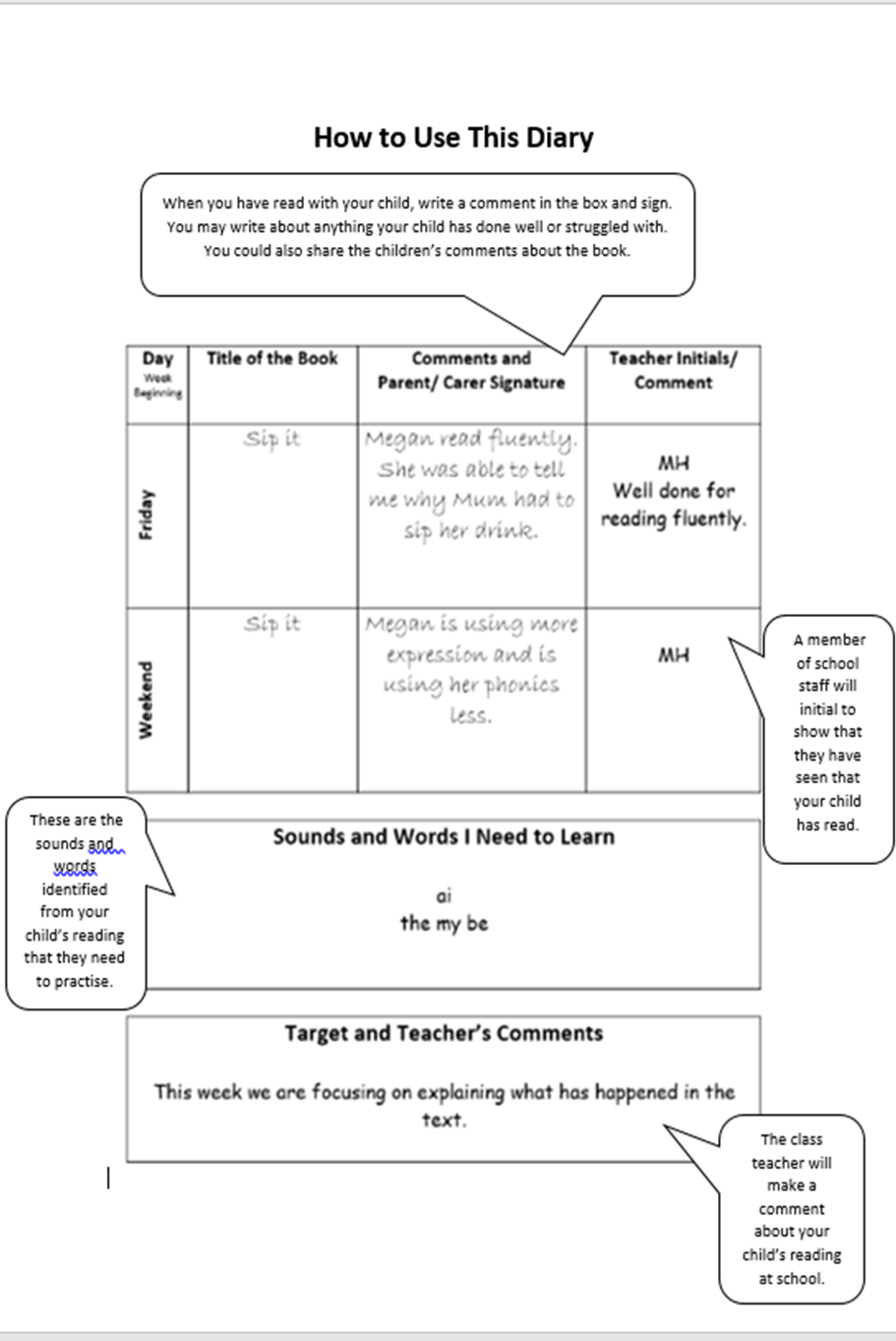
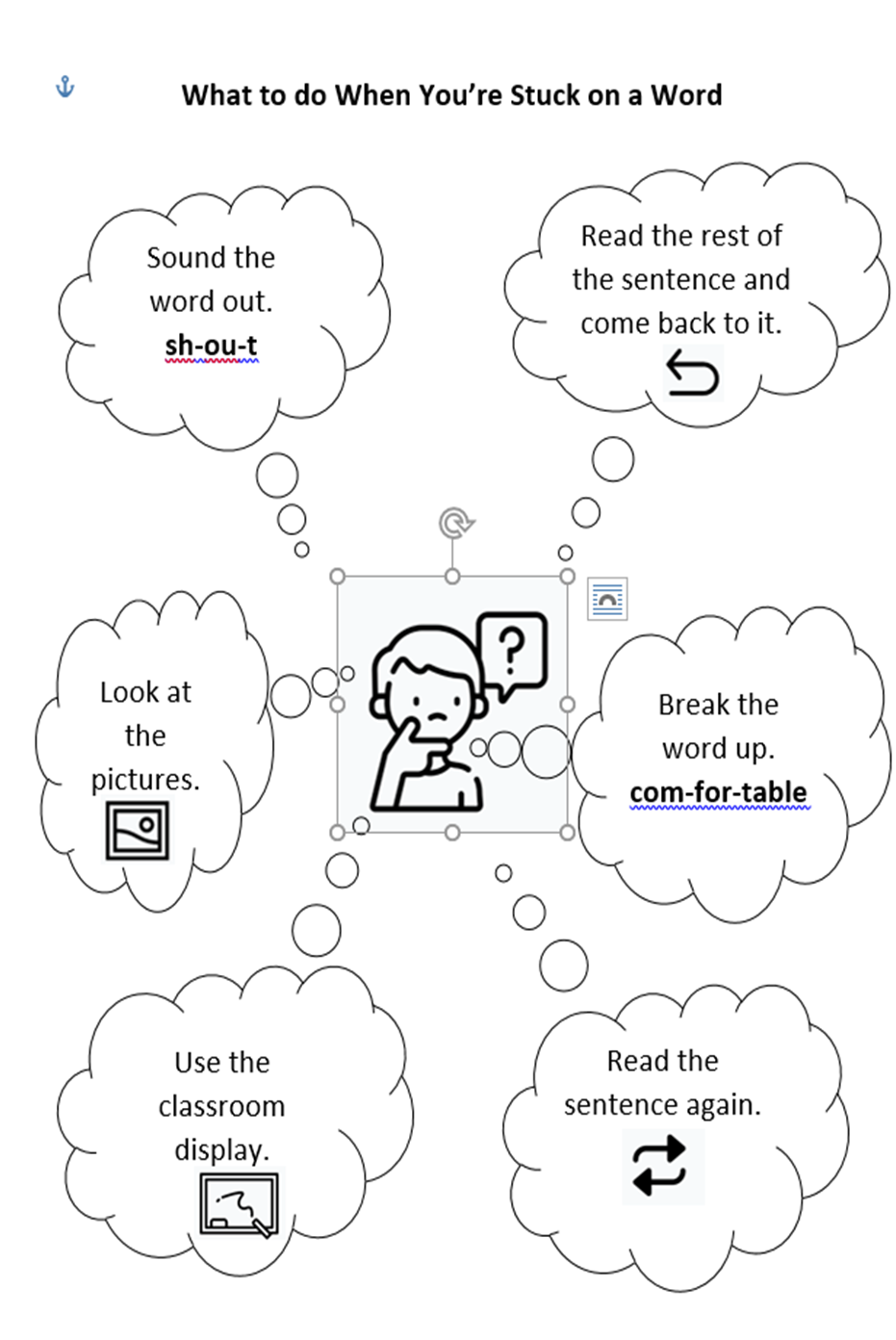
Common Words
Children should be able to read and spell these words by the end of Year 2.
|
Days of the Week |
|
Months of the Year |
|
Numbers |
|
|
Sunday |
|
January |
|
one |
ten |
|
Monday |
|
February |
|
two |
twenty |
|
Tuesday |
|
March |
|
three |
thirty |
|
Wednesday |
|
April |
|
four |
forty |
|
Thursday |
|
May |
|
five |
fifty |
|
Friday |
|
June |
|
six |
sixty |
|
Saturday |
|
July |
|
seven |
seventy |
|
|
|
August |
|
eight |
eighty |
|
|
|
September |
|
nine |
ninety |
|
|
|
October |
|
ten |
one hundred |
|
|
|
November |
|
eleven |
|
|
|
|
December |
|
twelve |
|
|
|
|
|
|
thirteen |
|
|
|
|
|
|
fourteen |
|
|
|
|
|
|
fifteen |
|
|
|
|
|
|
sixteen |
|
|
|
|
|
|
seventeen |
|
|
|
|
|
|
eighteen |
|
|
|
|
|
|
nineteen |
|
|
|
|
|
|
twenty |
|
Common Exception Words
Year 1
|
a |
I |
school |
|
are |
is |
she |
|
ask |
love |
so |
|
be |
me |
some |
|
by |
my |
the |
|
come |
no |
there |
|
do |
of |
they |
|
go |
once |
to |
|
friend |
one |
today |
|
full |
our |
was |
|
has |
pull |
we |
|
he |
push |
were |
|
here |
put |
where |
|
his |
said |
you |
|
house |
says |
yo |
Common Exception Words
Year 2
|
after |
could |
hour |
path |
|
again |
cold |
improve |
people |
|
any |
door |
kind |
plant |
|
bath |
even |
last |
poor |
|
beautiful |
every |
many |
pretty |
|
because |
everybody |
mind |
prove |
|
behind |
eye |
money |
should |
|
both |
fast |
most |
steak |
|
break |
father |
move |
sugar |
|
busy |
find |
Mr |
sure |
|
child |
floor |
Mrs |
told |
|
children |
gold |
old |
water |
|
Christmas |
grass |
only |
whole |
|
class |
great |
parents |
who |
|
climb |
half |
pass |
wild |
|
clothes |
hold |
past |
would |
KS2 (Sapphires, Emeralds, Opals & Golds) Reading Records
Reading at Home
All children in Key Stage 1 learn phonics at school. They use this to sound out words when reading.
We expect children to read, to an adult at home, for at least 15 minutes each day. The following pages have questions which can be used in discussions to support your child’s understanding of what they have read.
Please find a quiet place to sit and hear your child read. Once they have read their book and discussed it with you please comment and sign their diary each night.
Thank you for your continued help and support.
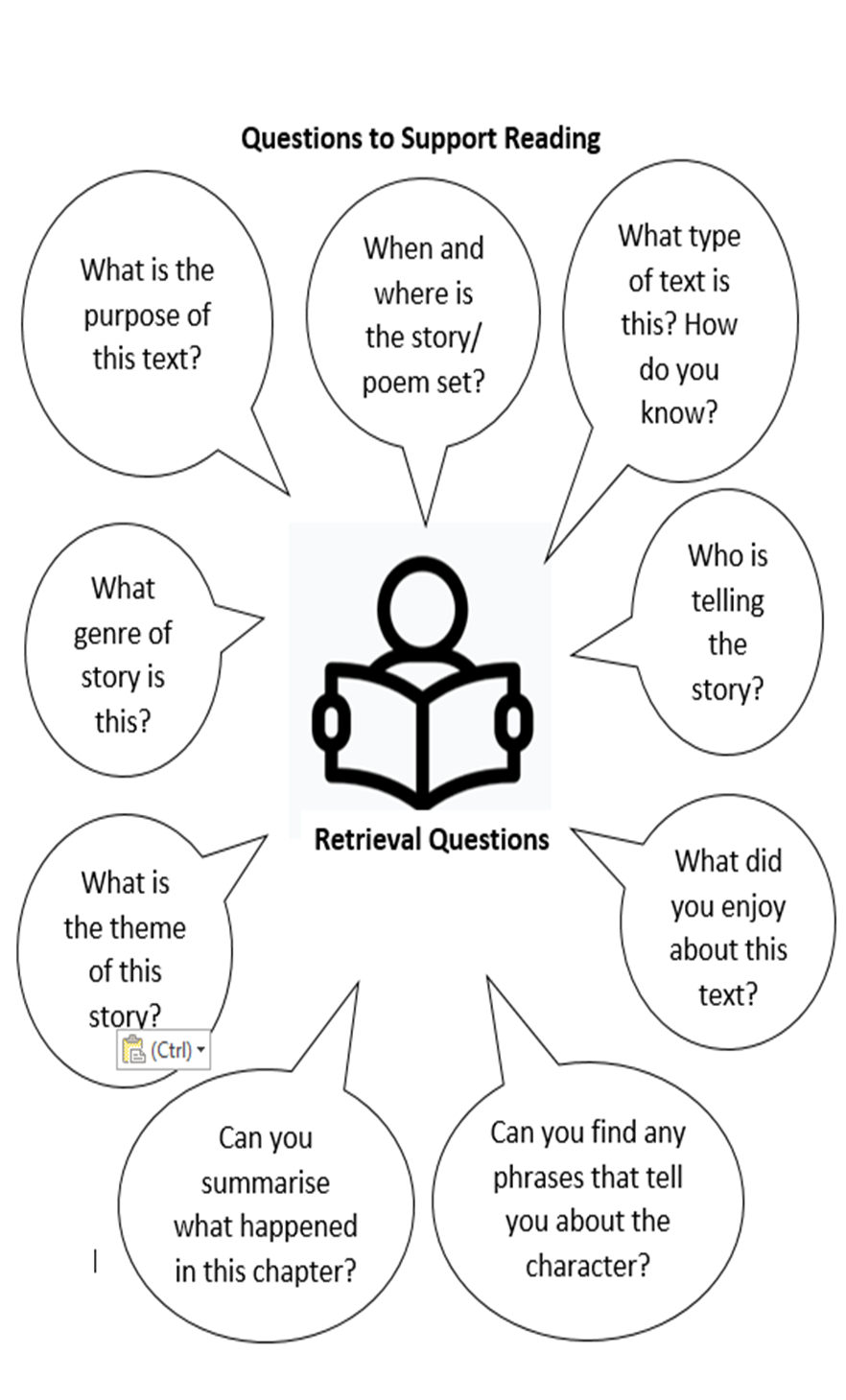
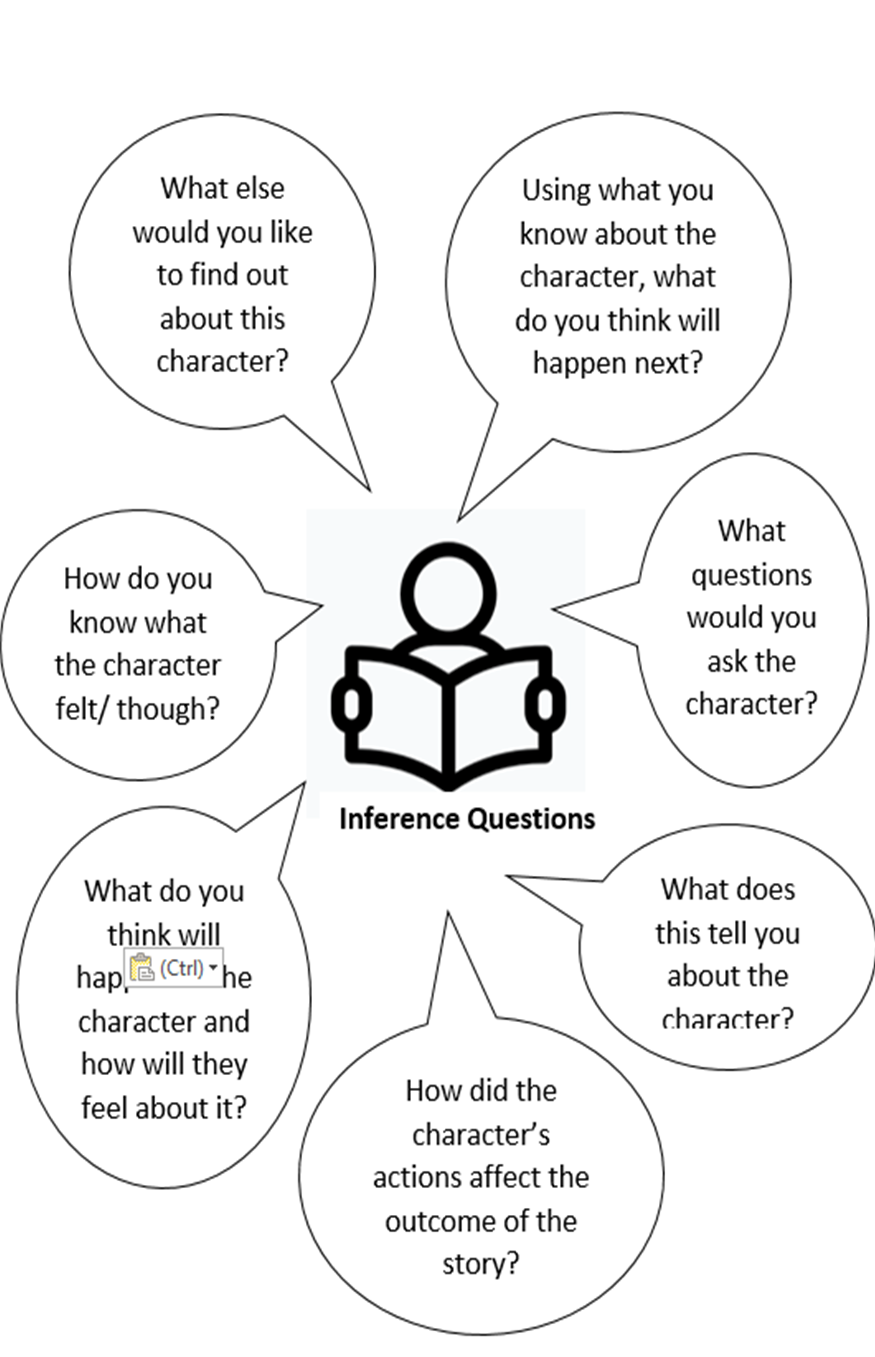
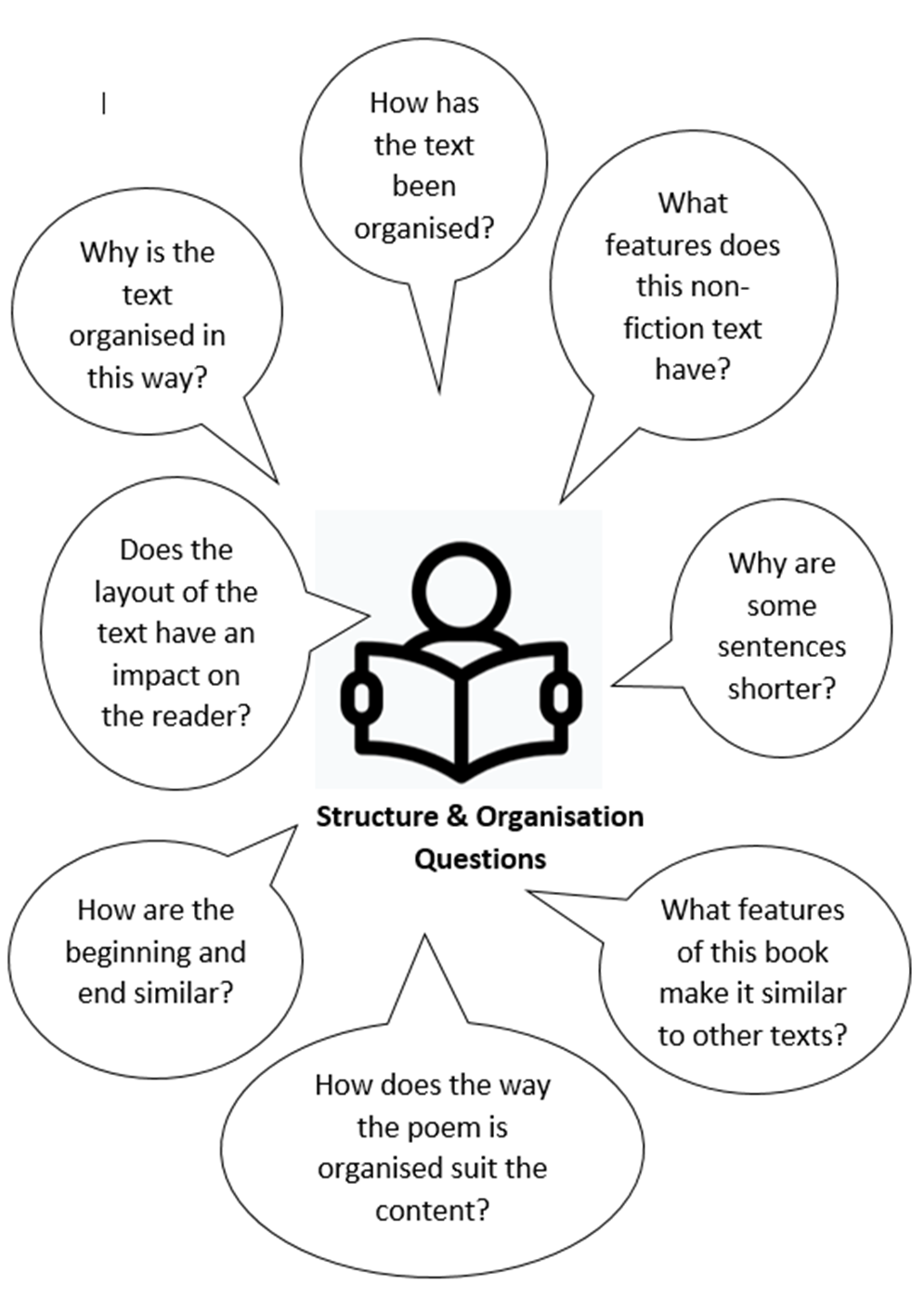
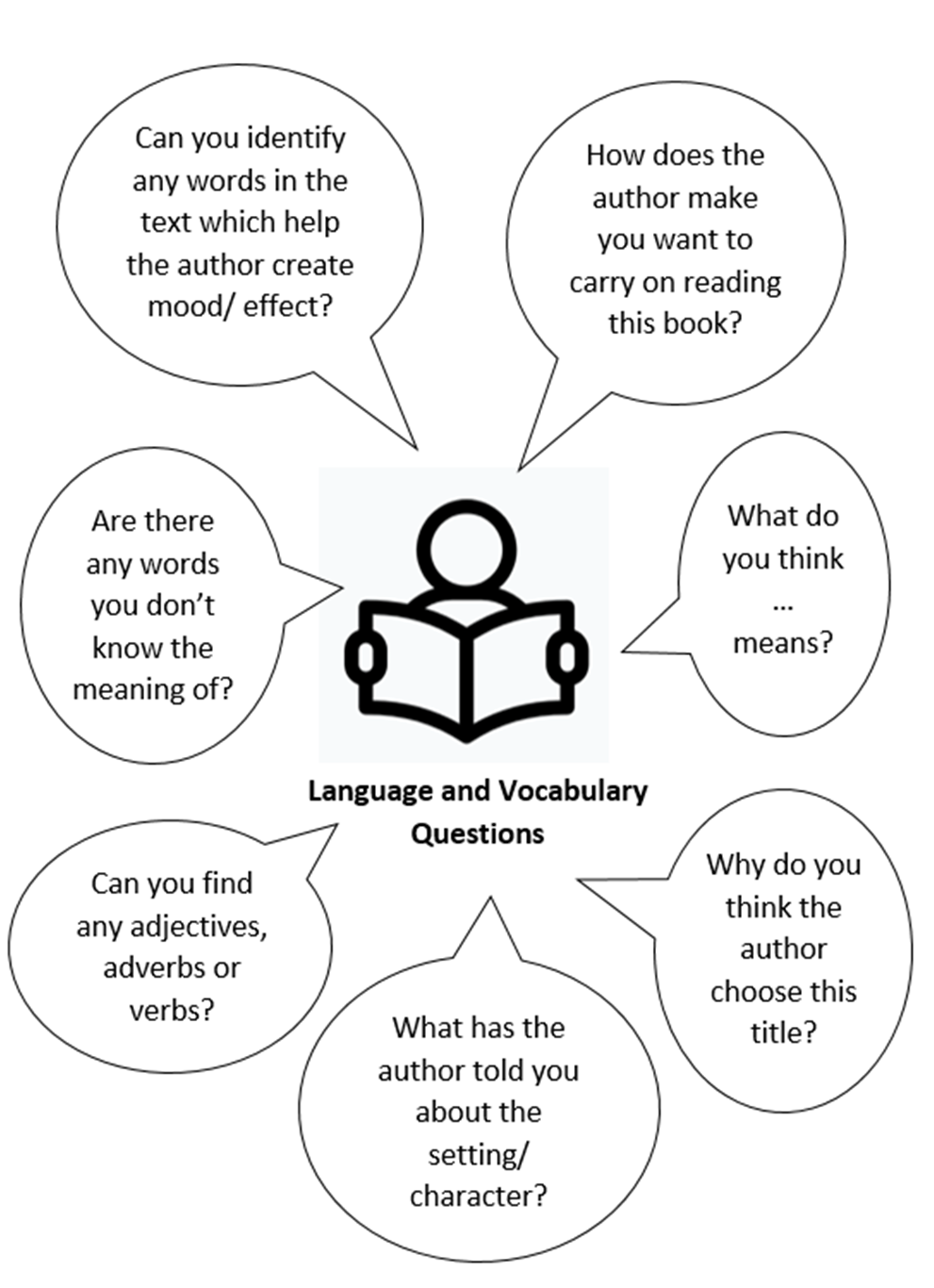
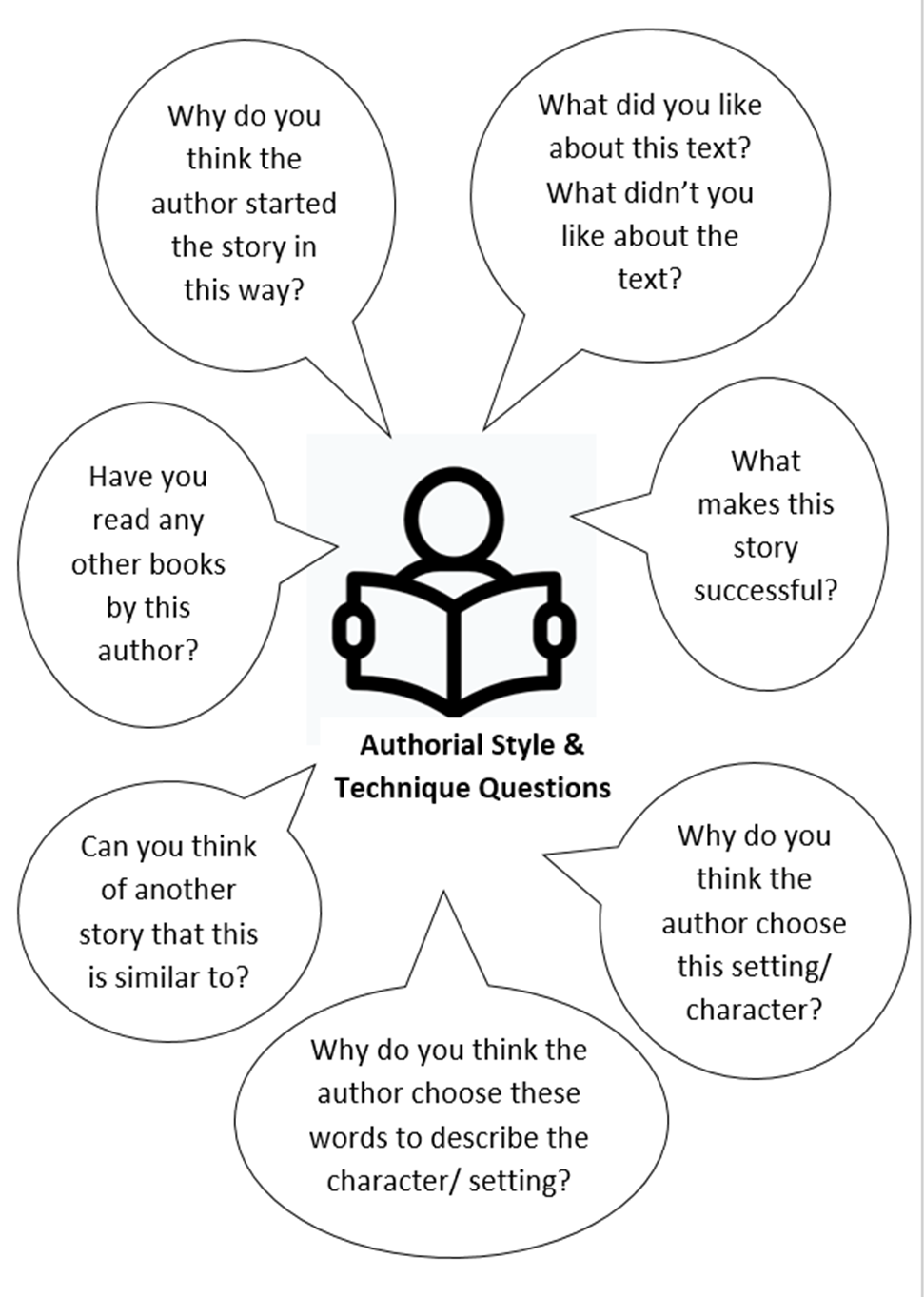
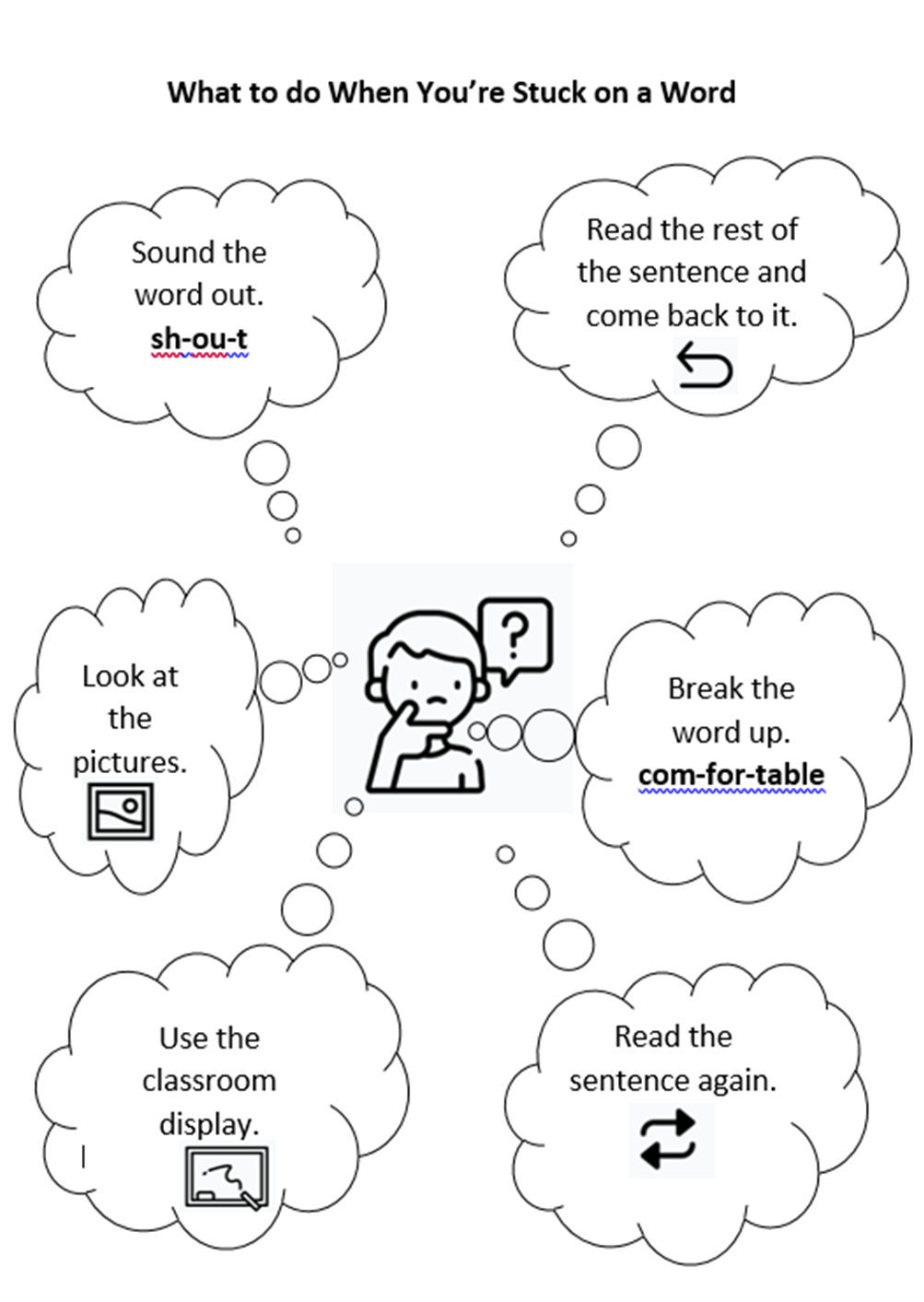
Word List - Year 3 and 4
By the end of Year 4, children are expected to read, spell and use these words correctly and independently in their writing.
|
accident(ally) |
disappear |
interest |
pressure |
|
actual(ly) |
early |
island |
probably |
|
address |
earth |
knowledge |
promise |
|
answer |
eight/eighth |
learn |
purpose |
|
appear |
enough |
length |
quarter |
|
arrive |
exercise |
library |
question |
|
believe |
experience |
material |
recent |
|
bicycle |
experiment |
medicine |
regular |
|
breath |
extreme |
mention |
reign |
|
breathe |
famous |
minute |
remember |
|
build |
favourite |
natural |
sentence |
|
busy/business |
February |
naughty |
separate |
|
calendar |
forward(s) |
notice |
special |
|
caught |
fruit |
occasion(ally) |
straight |
|
centre |
grammar |
often |
strange |
|
century |
group |
opposite |
strength |
|
certain |
guard |
ordinary |
suppose |
|
circle |
guide |
particular |
surprise |
|
complete |
heard |
peculiar |
therefore |
|
consider |
heart |
perhaps |
though/although |
|
continue |
height |
popular |
thought |
|
decide |
history |
position |
through |
|
describe |
imagine |
possess(ion) |
various |
|
different |
increase |
possible |
weight |
|
difficult |
important |
potatoes |
woman/women |
Word List - Year 5 and 6
By the end of Year 6, children are expected to read, spell and use these words correctly and independently in their writing.
|
accommodate |
correspond |
identity |
queue |
|
accompany |
criticise (critic + ise) |
immediate(ly) |
recognise |
|
according |
curiosity |
individual |
recommend |
|
achieve |
definite |
interfere |
relevant |
|
aggressive |
desperate |
interrupt |
restaurant |
|
amateur |
determined |
language |
rhyme |
|
ancient |
develop |
leisure |
rhythm |
|
apparent |
dictionary |
lightning |
sacrifice |
|
appreciate |
disastrous |
marvellous |
secretary |
|
attached |
embarrass |
mischievous |
shoulder |
|
available |
environment |
muscle |
signature |
|
average |
equip (–ped, –ment) |
necessary |
sincere(ly) |
|
awkward |
especially |
neighbour |
soldier |
|
bargain |
exaggerate |
nuisance |
stomach |
|
bruise |
excellent |
occupy |
sufficient |
|
category |
existence |
occur |
suggest |
|
cemetery |
explanation |
opportunity |
symbol |
|
committee |
familiar |
parliament |
system |
|
communicate |
foreign |
persuade |
temperature |
|
community |
forty |
physical |
thorough |
|
competition |
frequently |
prejudice |
twelfth |
|
conscience |
government |
privilege |
variety |
|
conscious |
guarantee |
profession |
vegetable |
|
controversy |
harass |
programme |
vehicle |
|
convenience |
hindrance |
pronunciation |
yacht |
